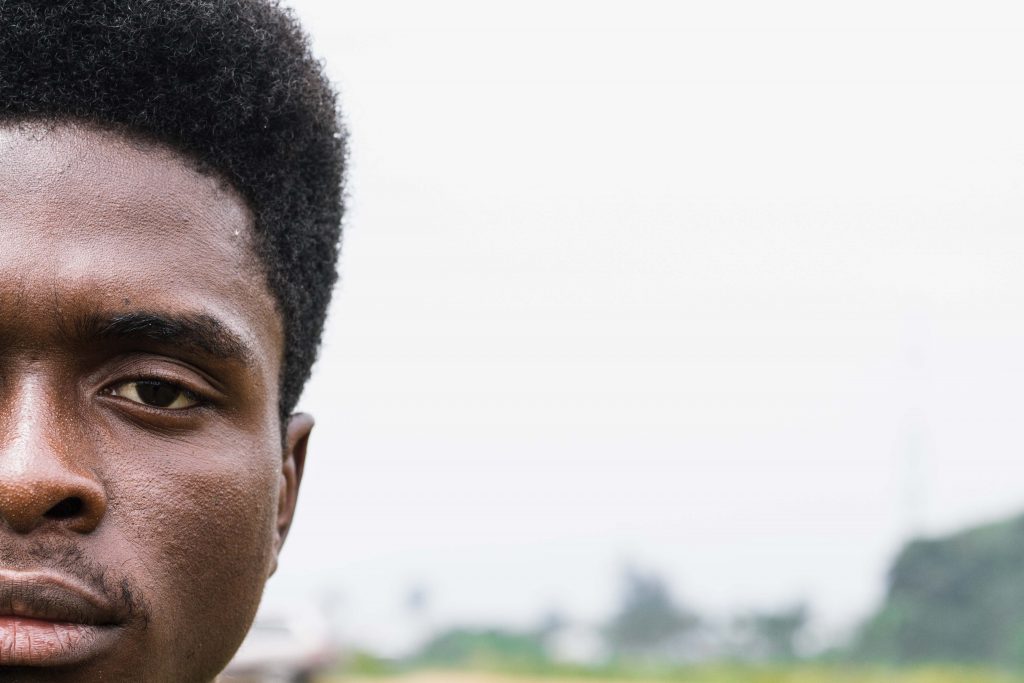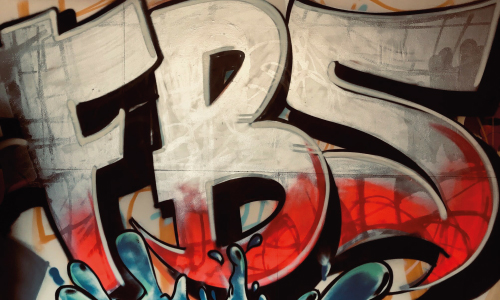
Child To Parent Abuse
The difficulties parent/carers face
The two quotes below were sent to us via our parent survey. The quotes sum up the feeling of hopelessness and the stigma that our families have to cope with.
The question posed was: “Do you feel there is a need for a dedicated service that deals with child to parent abuse?”
Their answers:
Quote 1:
“yes but would appreciate a service that does not automatically lay all the blame with the parent as a starting point”
Quote 2:
“It would be wonderful to be able to be in touch with someone who understands the isolation, pain, feelings of hurt, betrayal, and suicidal thoughts going through my mind constantly. The difficulty of expressing and understanding how I feel to be in this position is slowly killing me”
The first quote highlights the experience of many families seeking support. The parent/carers are often the ones who are blamed for the child’s behaviour and the child is seen as a product of bad parenting.
Often it is very difficult to make a clear cut distinction of where the abuse started or who is abusing who.
This leads to stigma and shame and is unhelpful if we want families to come forward and seek support. Parent/carers are often isolated from extended family due to the abuse and have no one to offer support.
Some families have no one to turn to and the feelings described in the second quote can be very real for many.
HOW WE SHOULD VIEW CHILD TO PARENT ABUSE
The statistics we have gathered since 2012, show us the most common challenges encountered by families. The most common factor is children witnessing domestic abuse by their adult caregivers.
This can affect the child’s understanding of what a loving relationship should look like and can have a huge impact on the parenting ability of the survivor of the domestic abuse. Parents are often helpless with how to cope with the abuse from their child. As difficult as it may be to leave an perpetrating partner, this is very often not an option with a child.
The lack of empathy and understanding often faced by parent/carers compounds the feelings of isolation and shame.
We suggest that the issue should be viewed as an early intervention into adult domestic abuse.


The damaging effects of domestic abuse on the families involved has been well documented by many studies. If we can work with the child earlier, we can help prevent them from going on to become victims or perpetrators.
There is evidence to suggest that children who witness domestic abuse have difficulty in forming relationships into adulthood due to their increased propensity to violence and anti-social behaviour.
If services begin to view child to parent abuse in this way we can prevent parent/carers feeling blamed and help end the inter-generational cycle of abuse.
There are of course other factors which can lead to child to parent abuse such as mental health issues, problems at school, destructive friendship groups and of course not all young people who witness domestic abuse go on to become victims or perpetrators.
OUR approach to supporting families
We use the Solution Focused Approach when we work with our families. This way of working looks at the families strengths and when the problem is absent or less severe.
The family are in the role of the expert rather than the facilitator as only they have an understanding of the problems and challenges they face on a daily basis. The very first meeting begins with what the families will see as their preferred outcome from the work. The preferred outcome is then worked towards by the whole family in small manageable steps.
The approach is very much a collaboration working with the families on targets that matter to them rather than being directive and forced. A number scale is used to measure progress towards their preferred outcomes. This allows us to see what progress has been achieved and identify the next steps moving forward.
Please contact the FBS team for further information and to make a referral. Self-referrals are welcomed.

Parent
My situation has remained pretty much the same. FBS did not give up on us they referred us to other agencies, supported us with our son’s EHCP and were very helpful in getting my family extra income helping me apply for PIP payments
Parent
I am alive. I have my kids back. I am me again.
Parent
Having the support over a long period of time as usually you can only get a set number of sessions. The relationship our worker built with my son was great and helped him to overcome his anxieties
Parent
My ability to seek help when needed has replaced the shame and Isolation I had whenever my grandson hurt me. I now realise it’s not my fault.
Parent
The positivity of the Solution Based work has made a world of difference to our son and us all as a family.
Parent
The way I have seen my previously volatile, angry, violent, terrified son grow in confidence and self esteem due to our fortnightly sessions is something we wished for with all our hearts for him but really were not sure was possible.
